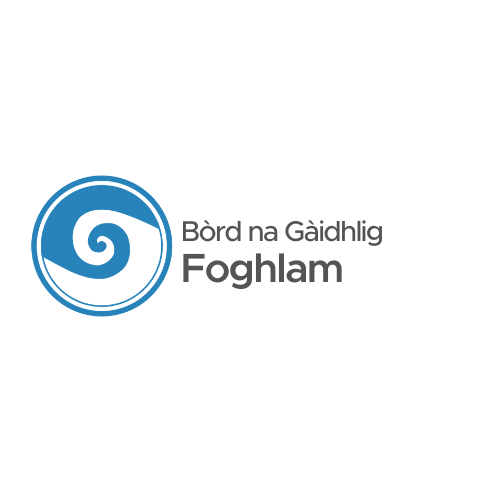Bòrd na Gàidhlig and University of Strathclyde launch the first-ever accredited Gaelic as a Modern Language teaching qualification

The introduction of the ATQ follows on from the successful Languages Week Scotland 2022
The University of Strathclyde, in partnership with Bòrd na Gàidhlig and with support from the General Teaching Council Scotland, has launched a groundbreaking Additional Teaching Qualification which will enable Secondary Modern Languages teachers to provide courses for Gaelic learners as part of the modern languages curriculum on offer in their schools.
The Additional Teaching Qualification will broaden and enrich Scotland’s delivery of languages, with modern languages teachers, who undertake the course, able to teach
Gaelic in addition to the more traditional curriculum of French, German and Spanish.
Eight teachers from Glasgow, North Lanarkshire, and West Dunbartonshire local authorities are the first to sign up for the pilot, with their respective schools guaranteeing Gaelic will be taught as a modern language upon the teachers’ completion of the accredited course.
The University of Strathclyde and Bòrd na Gàidhlig say that this fresh approach to delivery could change the face of the language in Scotland by providing a fundamental step in creating a new base of Gaelic speakers. This project will also add to the employability of the young people who engage with Gaelic Learners curriculum at school, as use of the language grows in the workplace.
The 18-month programme, delivered in a blended format both online and on campus, is aimed at teachers with limited knowledge of Gaelic. Following completion of the ATQ, the the teachers will become officially registered with the GTCS as teachers of Gaelic as a Modern Language. This will increase the number of GTCS registered modern languages teachers with the ability to teach Gaelic in secondary schools.
The launch of the course follows on from Bòrd na Gàidhlig’s Dèan Diofar (Make A Difference) social media campaign. Dèan Diofar follows the paths of six teachers currently teaching in Gaelic-medium Education and is aimed at encouraging people worldwide to consider a career in Gaelic-medium education.
Mairi MacInnes, Chair at Bòrd na Gàidhlig, said: “The establishment of a Gaelic Additional Teachers Qualification is a fantastic example of an initiative which could herald a new chapter for Gaelic in Scotland’s schools. Bòrd na Gàidhlig are delighted to have provided funding and support to The University of Strathclyde for the creation of the Gaelic Additional Teachers Qualification, and we will work closely with them to track the progess of the course’s first-ever cohort with great excitement.”
Linda Brownlow, Head of School of Education at The University of Strathclyde, said: “The Gaelic Additional Teaching Qualification project seeks to build a community of new speakers within Gaelic Education, to foster collaboration and develop innovative new ways to promote all forms of teaching the language. The University of Strathclyde is determined to be at the forefront of fully equipping the nation’s teachers with the necessary skills and qualifications to provide Gaelic Learners classes, while delivering positive change for both modern language and Gaelic education throughout our schools.”
Shirley-Anne Somerville, Cabinet Secretary for Languages, said: “The Scottish Government recognises the importance of widening access to those interested in teaching the Gaelic language and the development of this Additional Teaching Qualification pilot is a positive step forward. I hope it will encourage other local authorities to be involved in future years.”
